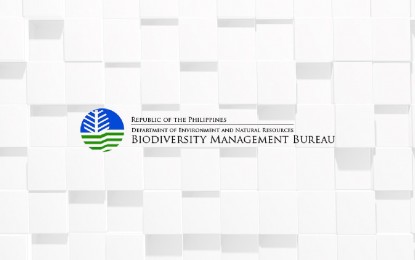
MANILA – A science camp of the Biodiversity Management Bureau (BMB) of the Department of Environment and Natural resources (DER) will further promote in the academe, efforts to help conserve the country’s marine environment.
Lectures and other activities during the June 6-11 camp in Batangas province’s Anilao municipality aim to help increase the knowledge of participating 10th and 11th graders about the marine environment so they can better do their part in protecting this, noted BMB’s monitoring officer Grick Cordero, who is helping the agency prepare for the activity.
“Based on what they’ll learn, we’ll ask them to draft their schools’ respective proposed marine conservation projects,” he said.
Aside from lectures, Cordero said proposed projects in the science camp may cover either indirect conservation activities like campus-based waste recycling, reuse and reduction to prevent trash from ending up in and polluting marine waters or direct efforts like coastal clean-up.
“BMB will review the proposals and look into technical assistance this agency can offer for these,” he said.
The continuing environmental degradation in marine waters due to pollution and other causes is raising urgency for marine conservation, noted Cordero.
“We want to encourage the camp’s participants to choose science courses related to conservation so they can help in this undertaking,” he said.
He said the participants will be the 20 top winners of the education department’s writing contest.
The camp will be among activities for the annual celebration of World Oceans Day (WOD) and Coral Triangle Day (CTD) on June 8 and 9, respectively, Cordero continued.
“It’s also an activity related to the yearly Month of the Ocean (MOO) celebration in May,” he said.
WOD, CTD and MOO aim to promote conservation of marine waters.
Coral Triangle is the nearly triangular maritime expanse covering Indonesia, Malaysia, Papua New Guinea, Timor Leste, Solomon Islands and the Philippines.
Scientists said Coral Triangle is the center of the center of global marine biodiversity.
Anilao is part of the Philippines’ Verde Island Passage which lies within the Coral Triangle, noted Cordero.
There are degraded and intact marine ecosystems in Anilao, he said.
The camp’s participants will get to see such ecosystems so they can better understand the marine environment, he added. (PNA)
